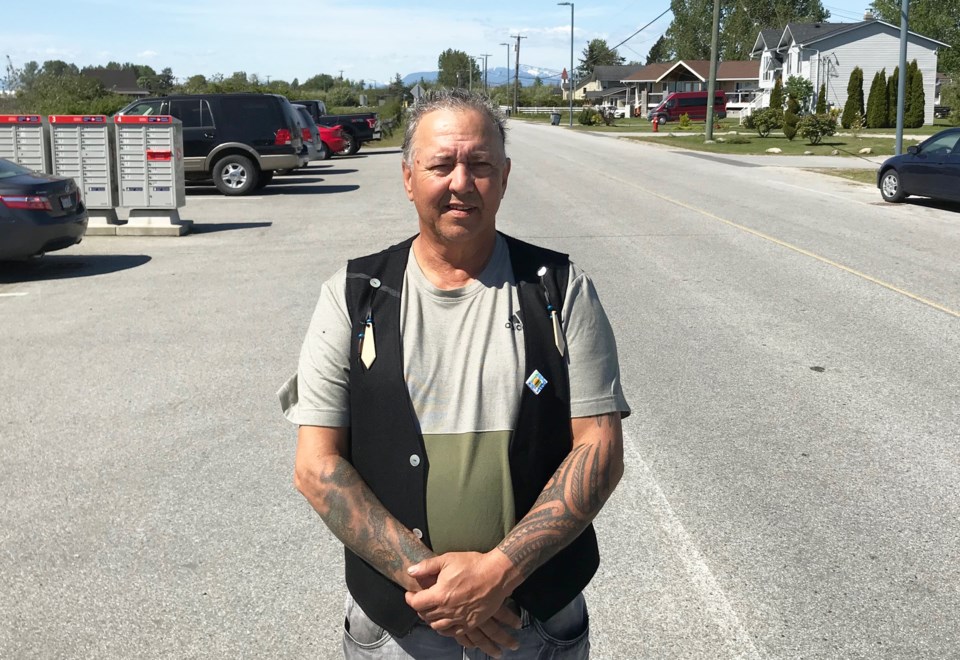The federal government and Tsawwassen First Nation on Monday (April 25) announced a settlement to correct a past wrong against the First Nation.
The compensation is to resolve a longstanding claim by the TFN over a bad land deal that dates back to 1957.
Chief Ken Baird and Marc Miller, Minister of Crown-Indigenous Relations, in a joint news release, announced the settlement agreement of the English Bluff Specific Claim.
The claim involved the surrender and sale of approximately 95 acres of the Tsawwassen Indian Reserve, a sale negotiated by government found to be improper as the First Nation did not receive the value it should have received.
As part of the settlement, the TFN will receive $7.7 million in total compensation, recognizing Canada's failure to protect the First Nation from entering into an exploitative agreement.
The agreement was endorsed by the TFN membership in a community vote last summer, but details were not made public until today.
The specific claim was filed back in 2013.
“We at Tsawwassen First Nation are pleased to bring closure to this long-standing issue. Addressing the historical harms done to our people is key to reconciliation and we hold our hands up to all the leaders and staff who worked over the years to settle this claim,” said TFN Chief swənnəset Ken Baird.
Delta MP Carla Qualtrough congratulated the TFN for working with Canada to correct the historic wrong and their commitment to a nation-to-nation relationship. She described it as one important step in the shared journey of reconciliation.
Miller also described the settlement as an important milestone in Canada's relationship with the TFN.
The deal is part of an ongoing effort by Crown-Indigenous Relations and Northern Affairs Canada to settle specific claims, which are legal claims by First Nations against Canada related to historic breaches of the Indian Act or breaches of fiduciary duty relating to reserve land or other assets of a First Nation.
The specific claims process is governed by the Specific Claims Tribunal Act and by the Specific Claims Policy and Process Guide.
It’s a process that is an alternative to taking legal disputes through the usual court process.
Specific claims are separate and distinct from comprehensive land claims or modern treaties, the department explains, noting First Nations and others, including the Auditor General of Canada, had called for major changes to the way such claims are handled by the government.
“Specific claims deal with past wrongs against First Nations. These claims (made by First Nations against the Government of Canada) relate to the administration of land and other First Nation assets and to the fulfillment of historic treaties and other agreements. For example, a specific claim could involve the failure to provide enough reserve land as promised in a treaty or the improper handling of First Nation money by the federal government in the past,” Crown-Indigenous Relations and Northern Affairs Canada states.



